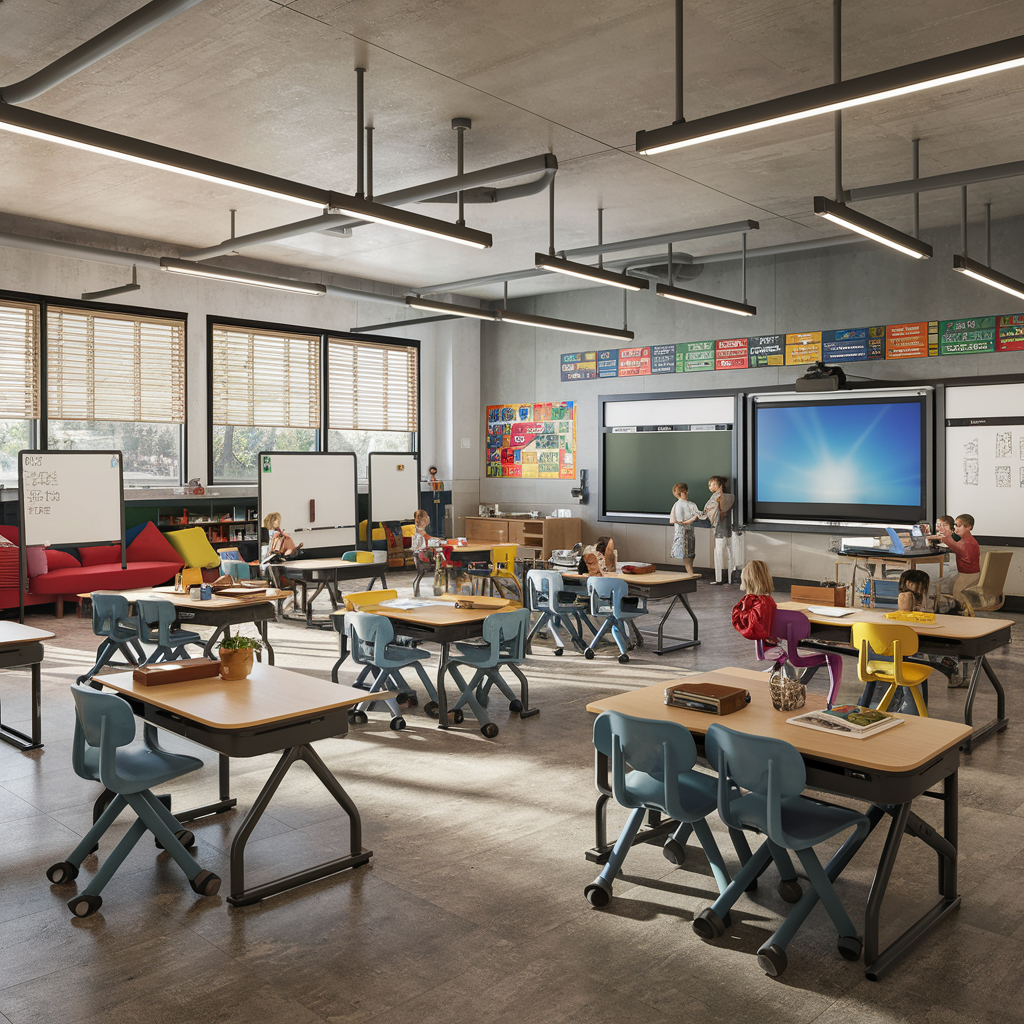The COVID-19 pandemic has cast a long shadow over education, leaving a significant impact on student learning. School closures, remote learning, and disrupted routines have led to significant learning loss, particularly among disadvantaged students.As we navigate the aftermath of this crisis, it’s crucial to understand the extent of the damage and explore strategies to help students catch up.
The Devastating Impact of the Pandemic on Learning
The pandemic forced a sudden shift to remote learning, which presented numerous challenges for both students and teachers. Many students struggled with the lack of in-person interaction, motivation, and access to adequate technology and internet connectivity. As a result, learning gaps widened, and academic progress slowed down.
Recent studies have shown that students, especially those from low-income families, experienced significant learning loss in reading and math. The impact was particularly severe for younger students who were just beginning their formal education.
Strategies to Help Students Catch Up
To address the learning loss caused by the pandemic, a multifaceted approach is necessary. Several strategies have shown promise in helping students catch up and accelerate their learning:
1. High-Impact Tutoring Programs
- Kids in Technology STEM N Schools Project-Based Learning Tutoring Program: This program offers a unique approach to tutoring by combining STEM education with project-based learning. By engaging students in hands-on activities and real-world problem-solving, this program can help students develop critical thinking, creativity, and problem-solving skills.
2. Summer Learning Programs
Summer learning programs can help students retain knowledge gained during the school year and prevent “summer slide.” Intensive summer programs that focus on core subjects like reading and math can be particularly effective in addressing learning loss.
3. Reduced Class Size
Smaller class sizes allow teachers to provide more individualized attention to students, which can lead to significant improvements in academic outcomes.
4. Extended School Day (for Literacy Instruction)
Extending the school day, particularly for literacy instruction, can provide students with additional time to practice reading and writing skills.
5. Targeted Interventions
Targeted interventions, such as small group tutoring and supplemental instruction, can be effective in addressing specific learning needs.
The Road to Recovery
While the pandemic has presented significant challenges, it also offers an opportunity to reimagine education and implement innovative solutions. By combining these strategies and tailoring them to the specific needs of each student, we can help students recover from learning loss and build a stronger foundation for future success.
It’s essential to prioritize equity and ensure that all students, regardless of their background, have access to high-quality educational opportunities. By working together, educators, policymakers, and communities can help students overcome the challenges of the pandemic and emerge stronger than ever.

